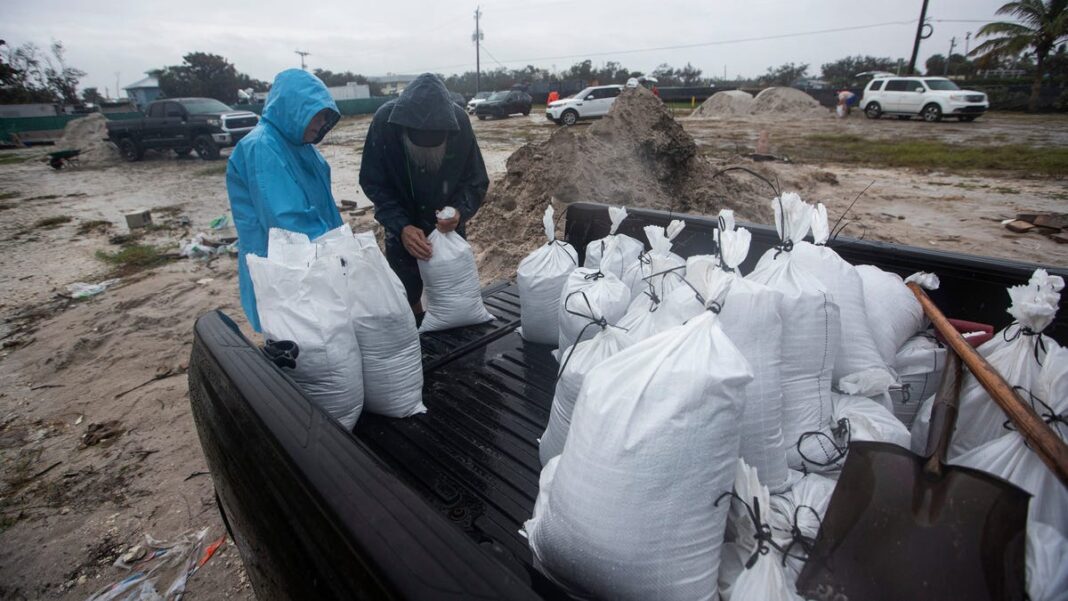Opinion: Helene reveals FEMA’s shortcomings. Are they ready for Milton’s impact in Florida?
No citizen should endure days without access to water, food, electricity, or cell service. Our expectations for government support and community assistance must rise.
In western North Carolina, thousands of residents are still facing hardships following Hurricane Helene. Nearly two weeks after the storm passed, many people in Asheville and nearby areas lack water, electricity, and other essential resources.
The extent of destruction caused by Helene extended further inland than expectations had indicated. Families in the mountains are not prepared for a hurricane’s remnants to endanger their lives and wreck their homes.
In 2024, however, no American should have to cope daily without fundamental necessities.
The Federal Emergency Management Agency (FEMA) is designated to assist during such crises. While there has been significant political debate regarding the agency’s efficiency following Helene, and some misinformation has circulated, citizens are justified in questioning their government’s fulfillment of its commitments, much like they did after Hurricane Katrina in 2005 and other disasters before and since.
North Carolina still in need of water and power
On Sunday, officials from the Biden-Harris administration asserted they were using “all available resources” to support those affected by the storm. A week earlier, they claimed to be leading “a strong Federal effort to assist communities impacted by Hurricane Helene.”
Yet, more than 13 days after the storm made landfall in Florida, families are still relying on 5-gallon containers and milk jugs to fetch clean water.
By Tuesday evening in North Carolina, over 110,000 customers remained without electricity. Various roads are still blocked, and mules are being used to deliver essentials like food, water, and insulin to those in need. As time goes on, the risk of illness increases.
On Sunday, House Speaker Mike Johnson, R-La., criticized FEMA’s response as a “huge failure.” Former Rep. Tulsi Gabbard, D-Hawaii, remarked that FEMA’s shortcomings are a “slap in the face” to those in need.
Rep. Cory Mills, R-Fla., who has been actively providing aid in North Carolina, has delivered supplies like insulin and oxygen. Last week, Mills, an Army veteran, told Fox News that the federal government has “failed to act.”
In response, FEMA officials claim they have allocated over $137 million in aid to six states, distributing roughly 15 million meals, 14 million liters of water, and 157 generators by Sunday.
However, with Hurricane Milton approaching Florida and the ongoing needs in North Carolina, it raises the question of whether FEMA can adequately support millions of suffering Americans.
Community members rally to aid their neighbors
The historical and current weaknesses of FEMA highlight why private efforts and “ordinary” citizens often prove to be more effective in times of crisis than the federal government. Local citizens are highly motivated and not impeded by bureaucratic hurdles.
While it is uplifting to witness helicopter pilots rescuing vulnerable individuals in the North Carolina mountains before federal agencies arrive, it also underscores the need for FEMA to improve its response.
No American should be left without access to water, food, electricity, or cell service for extended periods. We need to demand more from our government and provide additional support to our neighbors.
It’s crucial to examine FEMA’s response when Americans are in distress.

